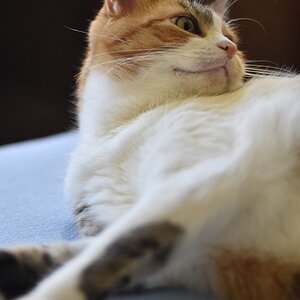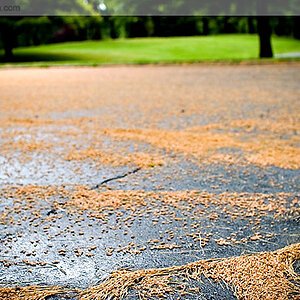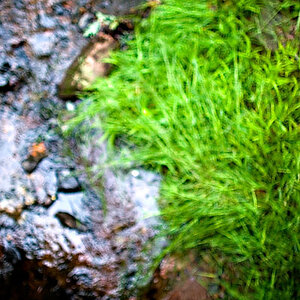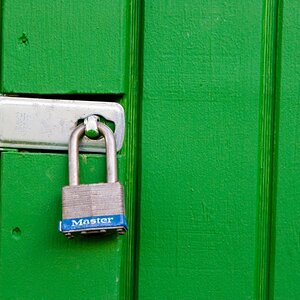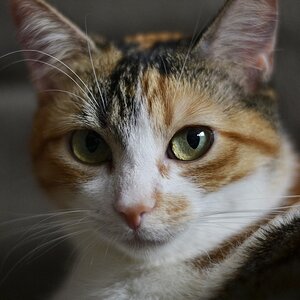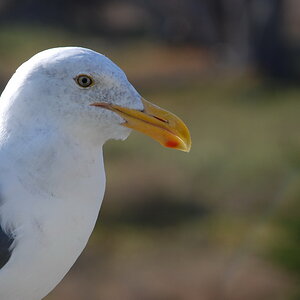Braineack
Been spending a lot of time on here!
- Joined
- Jun 17, 2013
- Messages
- 13,214
- Reaction score
- 5,613
- Location
- NoVA
- Can others edit my Photos
- Photos OK to edit
Modern matrix metering has revolutionized digital and film imaging...Nikon has been perfecting it since the mid-1980's when they introduced the FA, the camera that premiered modern, computerized, huge database analyzed light metering. We have some equally dangerous and wrong nonsense above from another poster, regurgitating the "middle gray" averaging nonsense; modern d-slr cameras measure light level, color temp, distances of objects, multiple quadrants of the scene in RGB (or in Canon's case RGB + the yellow/green mix), as well as size of objects/areas, location in the camera's memory, and time of day to arrive at almost perfect exposures without a single thought, AND WITH scene dynamic range actually factored into the exposure value....
yeah but do you even shoot M?


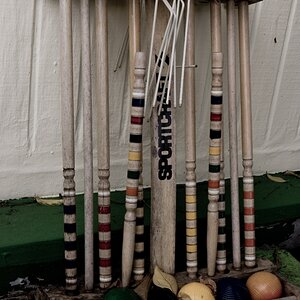
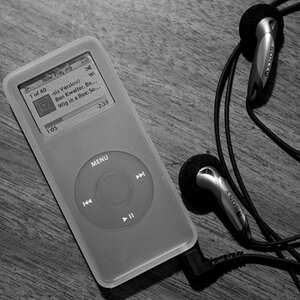

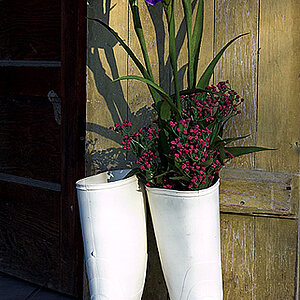
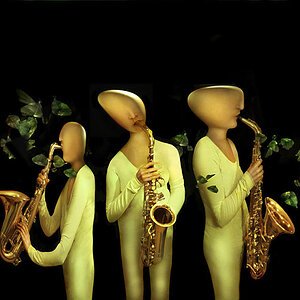
![[No title]](/data/xfmg/thumbnail/34/34062-c0c9c0a752bc1af58237eff1ec850163.jpg?1619736259)
